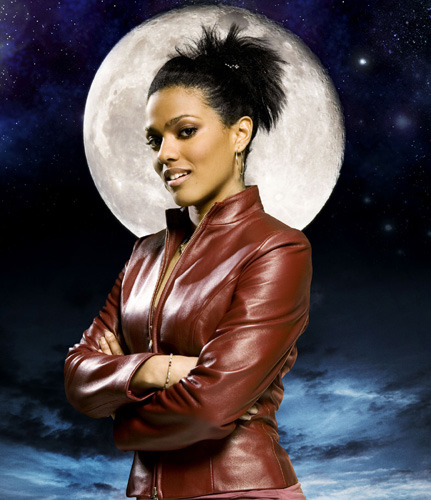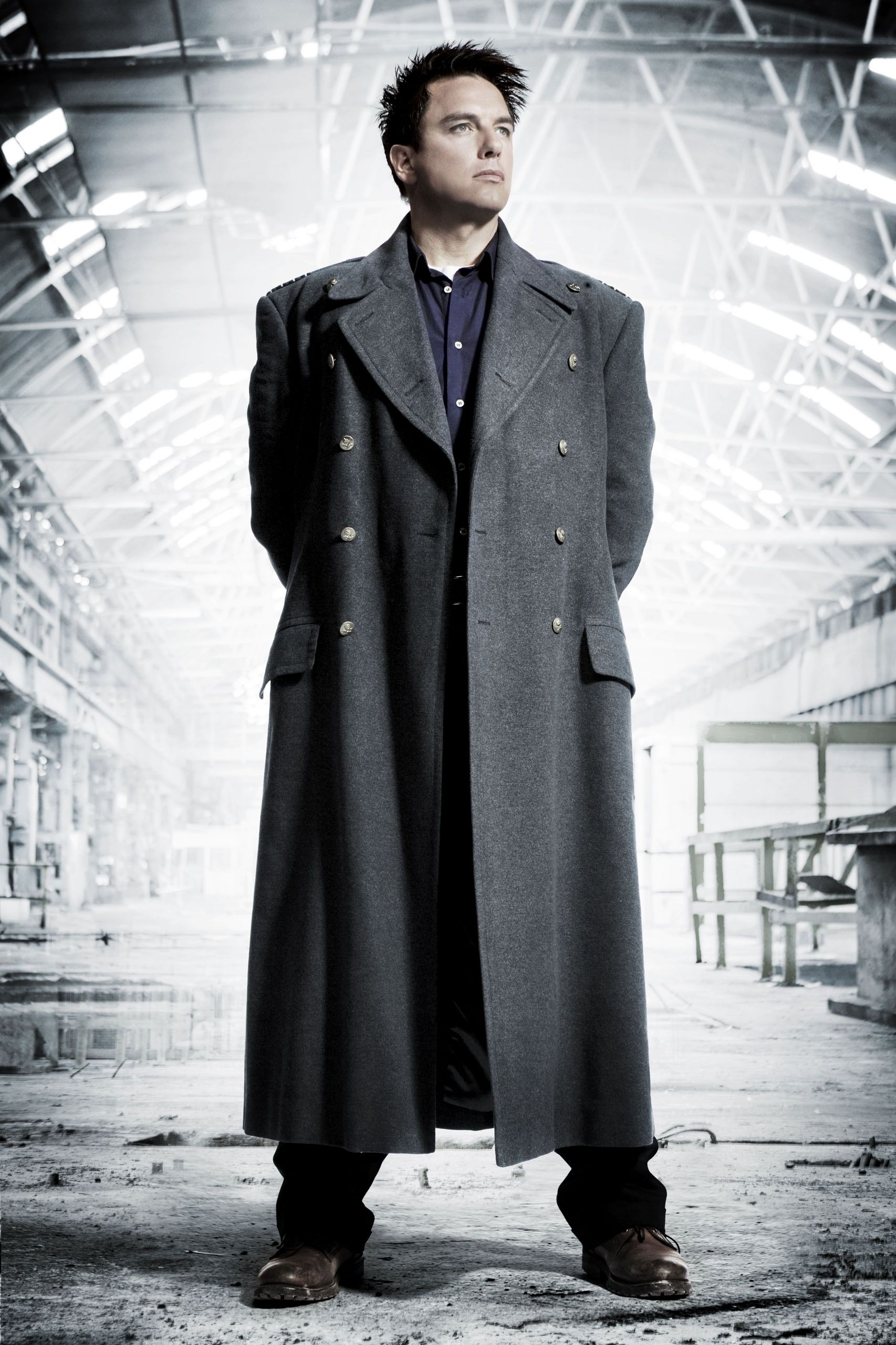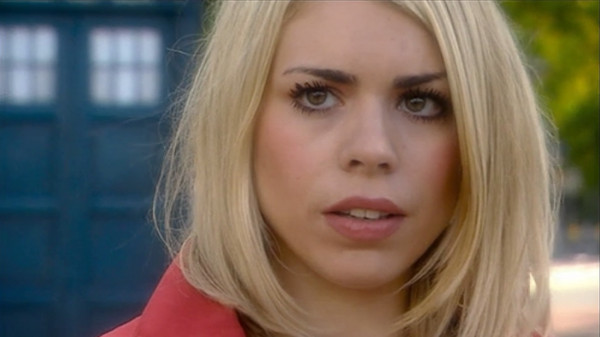I’m a Whovian, which means that I’m a member
of the Doctor Who fandom. Doctor Who, the smash BBC hit that was named the longest-running science fiction
television show by Guinness World Records, was revived in 2005 after over a
decade of hiatus. Throughout the classic show and modern revival, the Doctor
travels in his TARDIS spaceship through time and space with companions, saving
small cities as well as the entire universe from disaster. Many feminist
Whovians have analyzed the Doctor and his companions’ representations of
gender, race, and sexuality; in this series, I give some of my own
interpretations.
Donna Noble originally appeared in the 2006 Christmas special,
but traveled with the Doctor as a companion for all of Series 4. Donna is a
departure from the other companions of the modern series in many ways, and she
is widely loved for marching to this divergent beat.
The casting of Catherine Tate as Donna is one significant way
she is distinguishable from other companions. For one, she is the first female
companion who is not thin, and is in her 40s rather than teens or 20s. Her
determined defiance of societal beauty standards was a first for a companion on
Doctor Who, and – as academics and Whovians have noted alike – a step in
the right direction towards a reformation of beauty standards. Tate was also a
well-known comedian, another difference in casting from Billie Piper, John
Barrowman, and Freema Agyeman.
Donna is different than other companions, and other female
characters on television in general, because, as Martha Wells says in her essay
in Chicks Unravel Time, she “save[s]
the universe by being her abrasive, forward, loud, in-your-face, aggressive
self.” She never worships the Doctor, defers to his expertise, or expects him
to swoop in and save the day, doubting and arguing with him more than any other
companion does. She consistently does whatever she thinks is right to preserve
life, even urging the Doctor to follow her lead and save people he never would
have thought to rescue otherwise in “The Fires of Pompeii.” Although Donna is
portrayed as rather ditzy at times, at the end of the day, she knows how to
take care of herself. In “Turn Left,” the audience sees that when Donna is
provoked into changing her mind by her mother, the entire timeline of the world
changes, falling into chaos and catastrophe. This shows that Donna and even the
world at large are better off when she does what she thinks is right, not what
other people want her to do.
Donna is unapologetically who she is. Although she is not a love
interest for the Doctor, she is portrayed as attractive to men, about be
married in the first episode she appears in “The Runaway Bride” and getting
engaged after she parts ways with the Doctor in “The End of Time.” However, she
does not need to have a romantic relationship with the Doctor to have a
personality; the two can just be good friends who care deeply about each other,
and there is no drama or entertainment lost.
Fan approval of Donna is overwhelming. Whovians tend to like Donna
for the reasons enumerated above, including her atypical figure and confidence
in her own abilities. Many also like her because of her strong evolution
throughout the season, she calls the Doctor out when he needs to be checked,
and she takes her life into her own hands and actively seeks out the Doctor
when she decides that she wants to travel with him. Many explicitly feminist
fans of Donna, such as myself, like how she is portrayed as the Doctor’s equal.
Not every Whovian loves Donna, though. Some find her overly
abrasive, bossy (perhaps Sheryl Sandberg is on the right track?), and just
irritating. Whovians are often frustrated with the Doctor’s insistence that she
is the most special person in the universe via her connection with him, because
she’s important in her own not, not because she’s the Doctor. Even Whovians who
generally like Donna are frustrated by her character’s ending: the Doctor wipes
her memory of all the fantastic adventures they took together, the alternative
being that her mind will burn up from the memories and she will die.
Although I too was unsatisfied with how Davies ended Donna’s run
with the Doctor, I still really, really like Donna. She is arguably the most
feminist companion the Doctor has had in the modern revival of the show, and I
love her for it. She creates and maintains a meaningful, non-romantic
relationship with the Doctor, which is important to establish in the wake of
Rose and Martha’s love for him. She trusts her own judgment and has confidence
in her own abilities. She is unapologetically herself, and yet still attains
success and happiness. Donna is a feminist, even if she never uses the label,
and it’s downright awesome.




